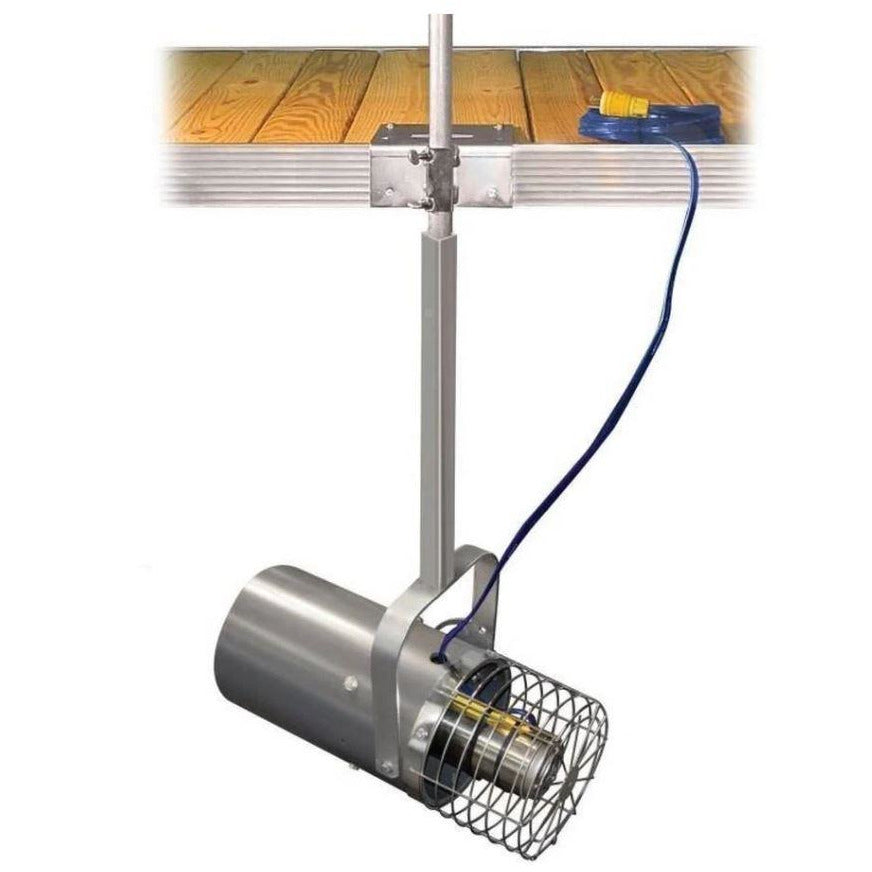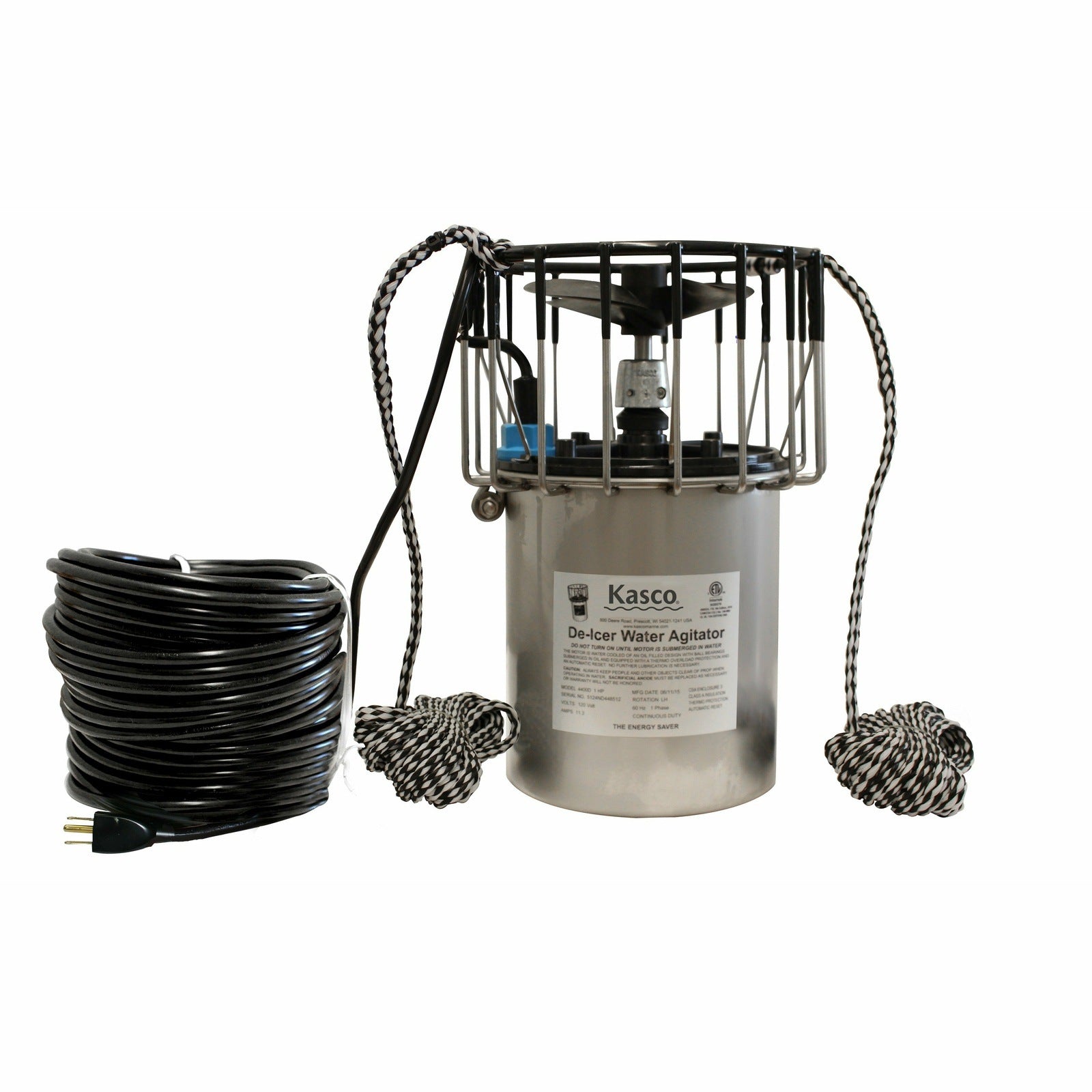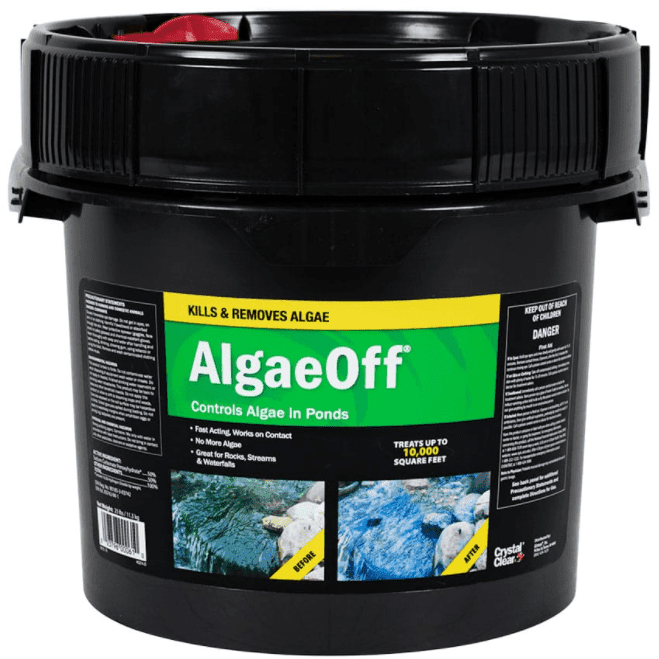Are you thinking about creating a serene water garden in your backyard? One essential element to consider is pond plants. Pond plants make your water feature look nice and keep the aquatic ecosystem healthy.
However, for beginners, choosing and caring for these plants can be a bit tricky. Our guide simplifies the process, helping you navigate common challenges like selecting the right species and managing growth.
What Are Pond Plants?
Pond plants are different types of plants that grow in and around ponds and water gardens. We classify these plants into different categories based on where they grow and their functions. Some common types of pond plants include water lilies, bog plants, marginal plants, and oxygenating plants.
Understanding Plant Functions:
Let's explore the distinct roles plants play in your pond:
- Oxygenators: These heroes, like Hornwort and Elodea, release life-giving oxygen into the water, crucial for fish and overall pond health. They thrive in deeper, submerged areas.
- Marginal Plants: Iris and Pickerel plants make the water's edge colorful and textured in sunny, shallow areas.
- Bog Plants: Thriving in damp areas around the pond, they create a natural transition between water and land. Water Forget-Me-Not is a popular choice.
- Deepwater Plants: Water Lilies and their kin offer tranquility and elegance with their large foliage and attractive blossoms. They reside in calm, deeper waters.
To create a balanced ecosystem, aim for a mix of floating, submerged, and marginal plants.
Caring for Your Pond Plants
Proper maintenance is key to keeping your pond plants healthy and vibrant. Regular tasks may include:
- Removing dead foliage
- Fertilizing plants as needed
- Controlling invasive species
- Monitoring water quality parameters like pH levels and nutrient concentrations
This can also help ensure your plants continue to thrive. Remember to repot your water lilies every couple of years to prevent overcrowding and encourage healthy growth. Trimming back overgrown plants and dividing clumps can help maintain balance in your water garden.
Expert Tips for Overwintering and Seasonal Pond Plant Care:
As the seasons shift, preparing your pond for winter becomes crucial to safeguard sensitive plants and maintain a healthy aquatic ecosystem. Follow these expert tips to navigate the challenges of overwintering and seasonal changes:
- Trim and Remove: Prune back aquatic plants before winter sets in. Remove any dead or decaying foliage to prevent the accumulation of organic matter that can affect water quality.
- Deep Water Plants: Immerse deep-water plants to a depth that is unaffected by freezing temperatures. This helps protect them from winter's chill and ensures they'll thrive when spring arrives.
- Floating Plants: Remove floating plants, such as water lilies, before the first frost. Keep them in a place without frost or, for stronger types, bury them in the pond to protect them from freezing.
- Oxygenators: Keep underwater plants in the pond to help maintain water quality during winter. Ensure a portion of the pond surface remains ice-free to facilitate gas exchange.
- De-Icer Installation: Install a pond de-icer to prevent the pond's surface from completely freezing.
- Fish Care: If you have fish in your pond, provide aeration and avoid overfeeding.
- Check Equipment: Inspect and, if necessary, winterize any pond equipment like pumps and filters. This ensures they remain in good working condition for the next season.
By implementing these expert tips, you'll safeguard your pond plants through winter, setting the stage for a successful transition into the vibrant renewal of spring.
Creating a Stunning Water Garden Landscape
To make your water garden look better, use different heights and textures of plants to create depth and interest. By strategically placing pond plants around the edges and center of your pond, you can achieve a well-balanced landscape. Combine plants, rocks, driftwood, and other natural elements for a beautiful water feature that looks good together.
Next time you gaze upon your water garden, remember the importance of pond plants and the magic they bring to your outdoor space. By selecting the right species and providing proper care, you can ensure your water garden flourishes for years to come.













